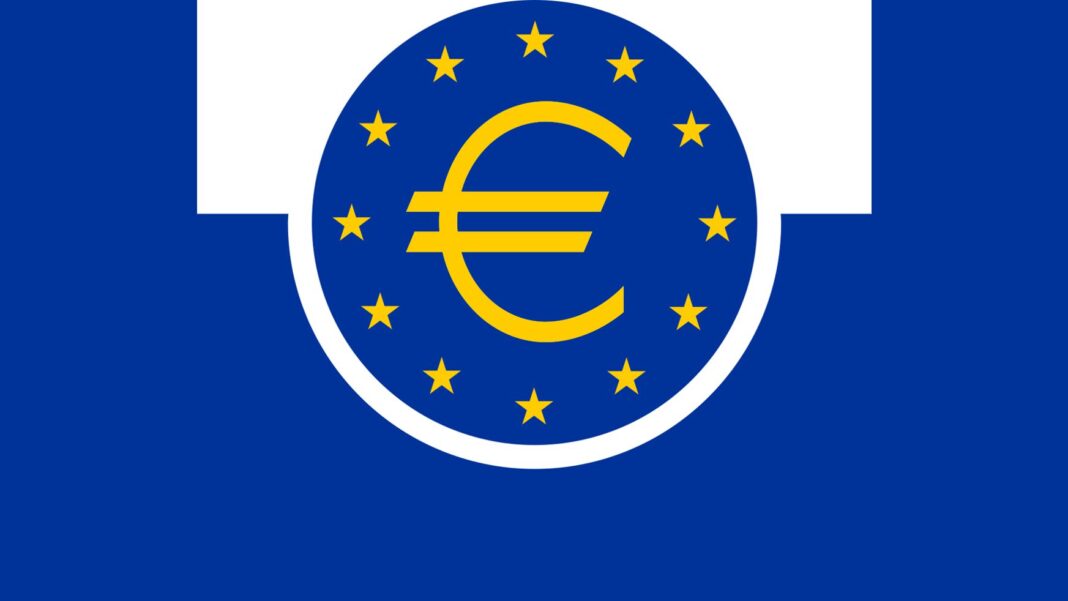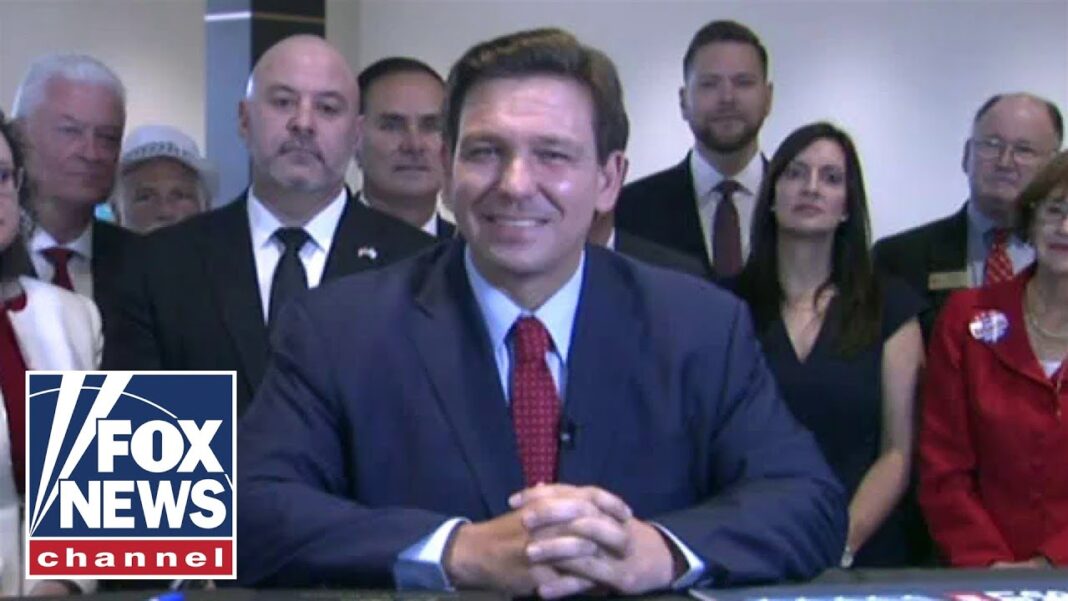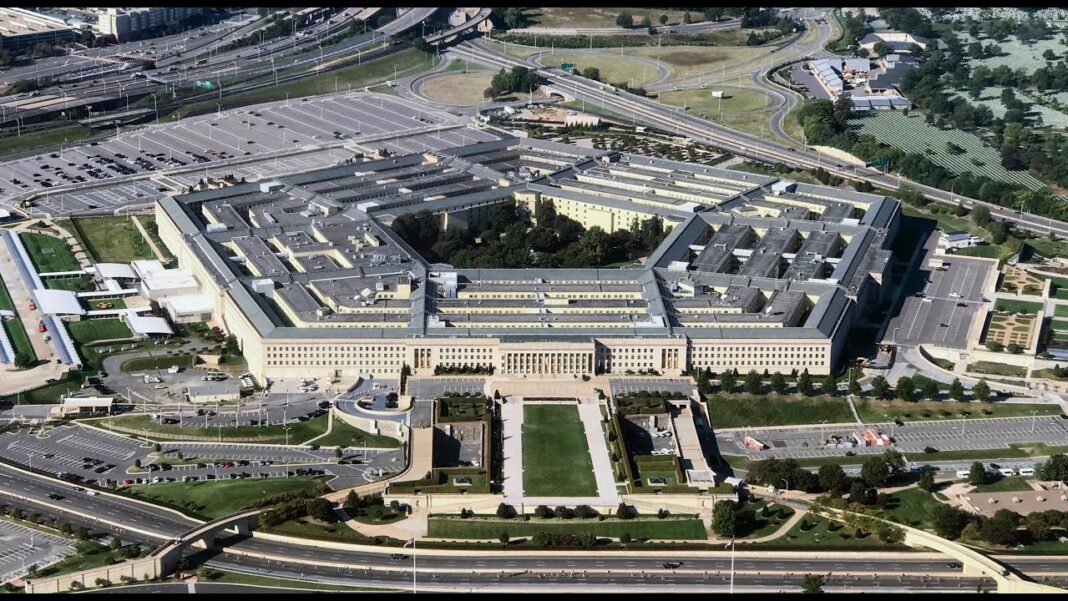
WASHINGTON—Financial regulators around the world are rushing to implement models to measure the financial risk arising from climate change. Central banks including the Federal Reserve may soon begin to implement climate stress tests of banks, which may limit financing for industries such as mining, oil, and gas.
The world’s largest central banks are pondering how to promote green financing, as they seek to introduce regulatory frameworks to “mobilize” more money for green and low-carbon investments.
Critics, however, argue that the proposals to introduce climate stress tests aim to “defund the fossil fuel industry” and steer funds to “fashionable but unprofitable investments.”
Stress testing, developed after the Great Recession, is a process by which central banks determine whether a financial institution has enough capital to weather various economic risks.
The European Central Bank (ECB) is one of the pioneers in investigating and deploying concrete plans to address climate risk. The bank is currently piloting a framework for climate stress tests that involves 2,000 banks in the euro area and is planning to publish the result of its exercise in July.
Speaking at a webinar hosted by the ratings firm Moody’s on May 6, Carmelo Salleo, head of stress test modeling division at the ECB, said that modeling financial risk derived from climate risk is still “in its infancy” and there’s a lack of consensus among experts on how to develop the model.
Hence, the scientists at the ECB “had to start from scratch” and do all the steps from finding the relevant data to thinking of different ways to model it, he said.
“But the good news is, it can be done with some investment,” he said.
The purpose of the stress test modeling is to identify climate-related physical and transition risk factors facing banks and companies.
Physical risk refers to costs that arise from extreme weather events such as floods and wildfires. And transition risk is defined as financial risk arising from policy changes in the process of moving towards a low-carbon economy.
BY EMEL AKAN






